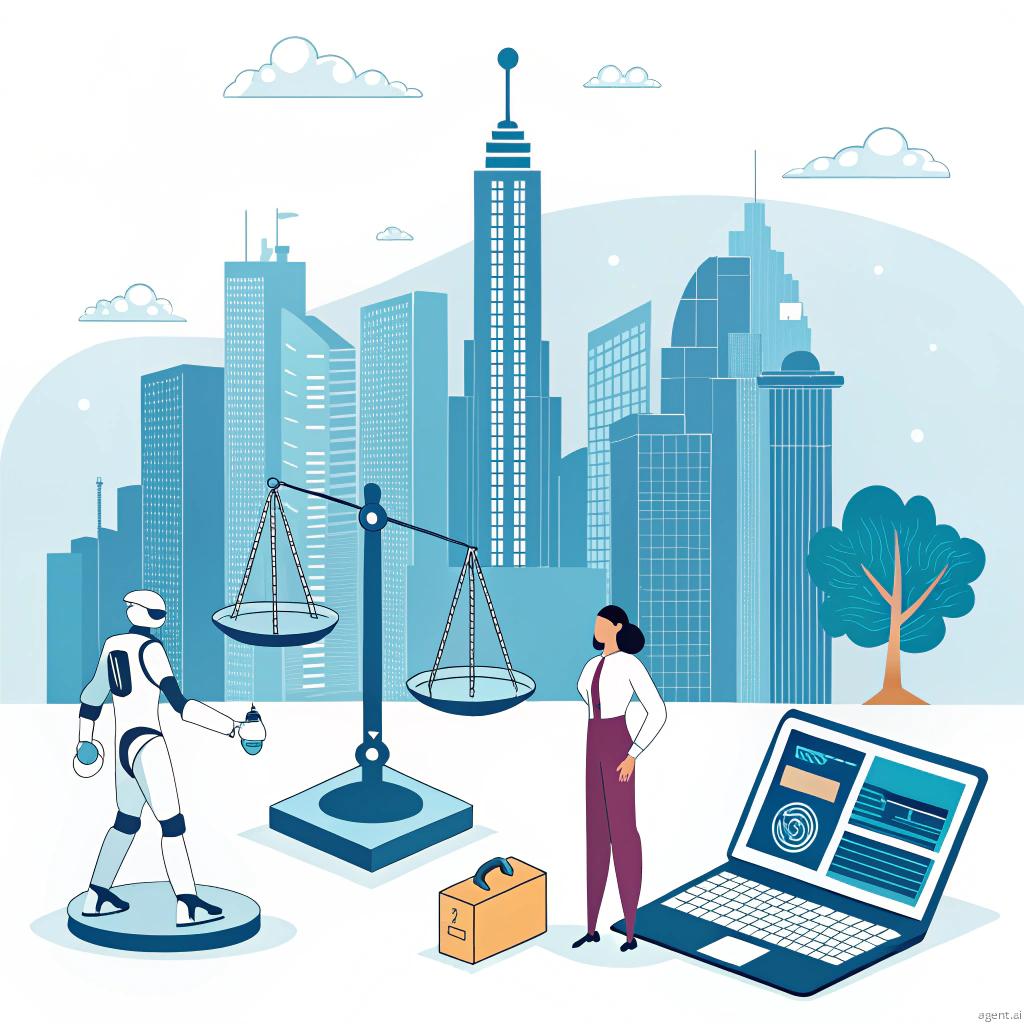AI Automation Could Revolutionize Legal Industry
AI Disrupting the Legal Industry:
AI technology is revolutionizing the legal industry in various ways. From document review and contract analysis to legal research and case prediction, AI solutions are being adopted at a rapid pace. These technologies have the ability to analyze vast amounts of data quickly and accurately, allowing lawyers to focus on more complex and high-value tasks.
What AI Solutions Are Being Adopted—and What Are They Being Used For?
Document Review: AI-powered tools can review and analyze legal documents much faster than human lawyers, leading to significant time and cost savings.
Contract Analysis: AI algorithms can extract key information from contracts, identify potential risks, and even suggest revisions, streamlining the contract review process.
Legal Research: AI platforms can search through vast databases of legal precedent and case law to provide lawyers with relevant information and insights, saving hours of manual research.
Case Prediction: Machine learning algorithms can analyze past cases and outcomes to predict the likelihood of success in current cases, helping lawyers make more informed decisions.
Impact of AI Automation on Hourly Billing:
Recent studies have shown that AI automation could reduce hourly billing per lawyer by $27,000 annually. By automating routine tasks and increasing efficiency, AI technology allows lawyers to take on more work in less time, ultimately leading to cost savings for both law firms and clients. With AI handling mundane tasks, lawyers can focus on more strategic and value-added activities, ultimately improving the quality of legal services.
Challenges and Opportunities:
While AI automation offers many benefits to the legal industry, there are also challenges that need to be addressed. Data privacy and security concerns, ethical issues surrounding AI decision-making, and the potential impact on the job market are all important considerations. However, with proper regulation and oversight, AI technology can be harnessed to improve efficiency, accuracy, and access to justice in the legal sector.
Conclusion
In conclusion, AI automation is transforming the legal industry by reducing hourly billing per lawyer and increasing efficiency. By adopting AI solutions for document review, contract analysis, legal research, and case prediction, law firms can stay competitive and deliver higher-quality services to their clients. While there are challenges to overcome, the benefits of AI technology in the legal sector are clear. Embracing AI automation is essential for law firms to thrive in an increasingly digital world.

The law must evolve to keep pace with the accelerating speed of technological change, particularly in the realm of artificial intelligence. We need a legal framework that fosters innovation while ensuring fairness, accountability, and human control.

